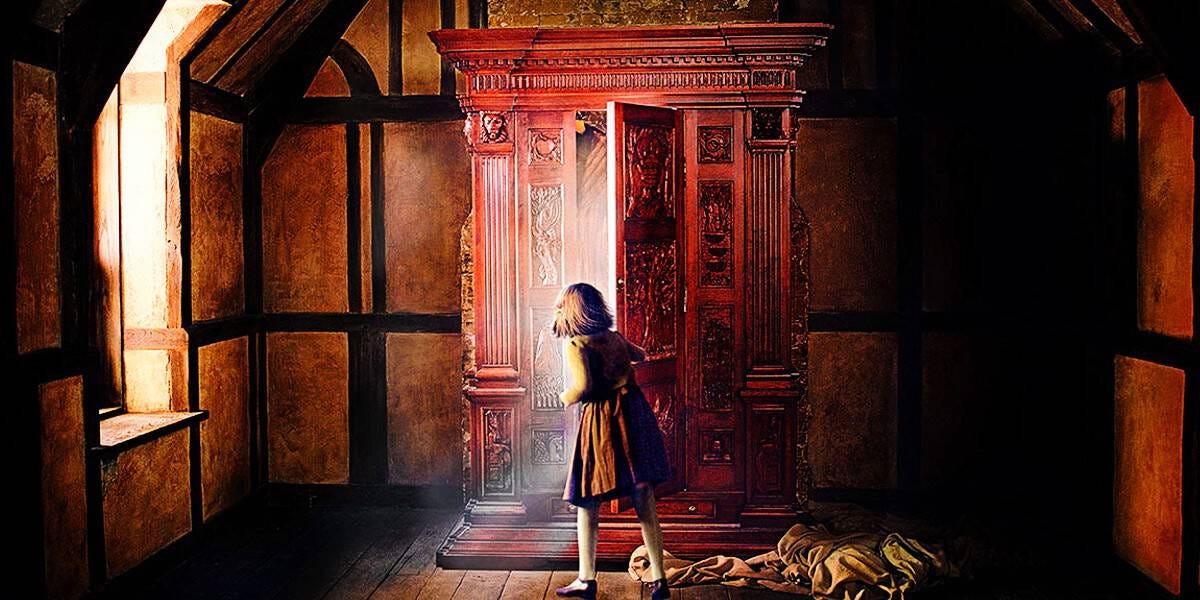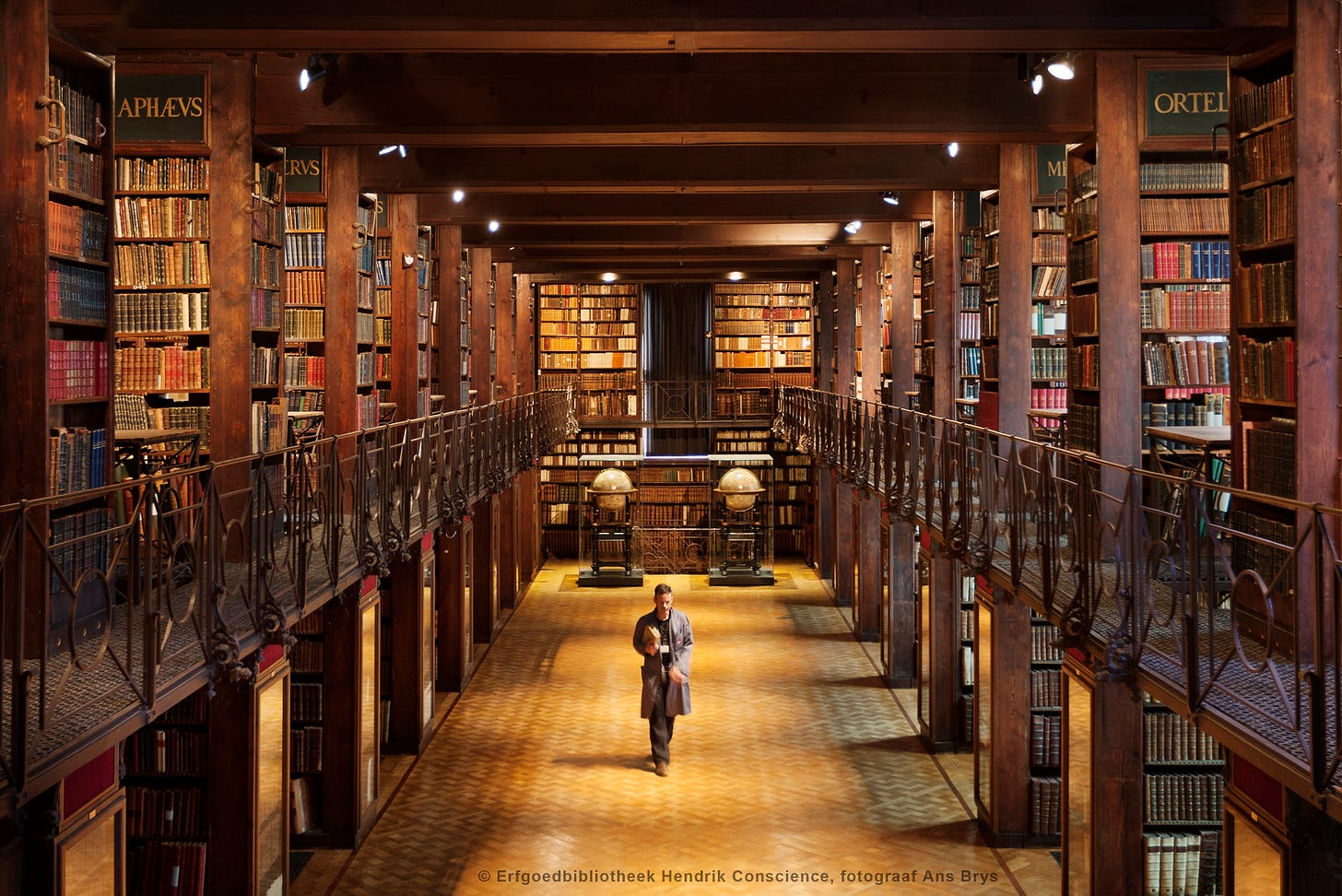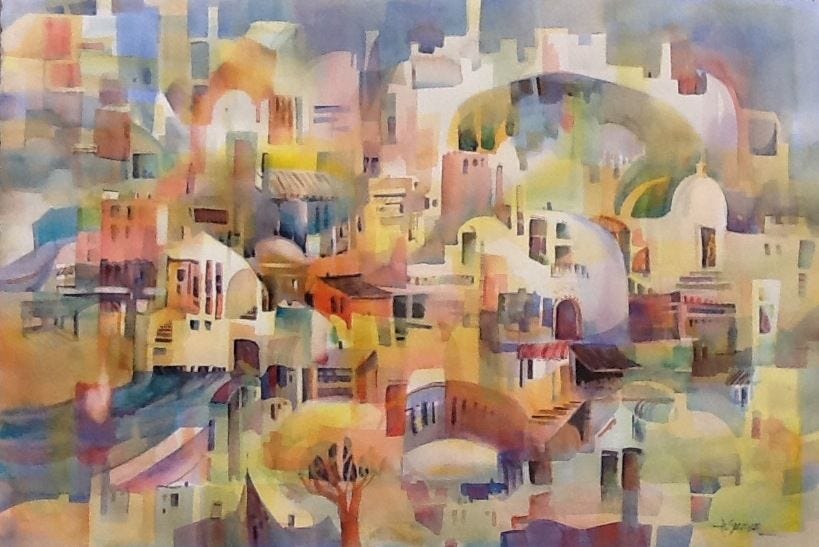The Illuminating Grace of the Early Church Fathers
Researching Early Church Fathers while still Catholic is what led me in time to Orthodoxy.
I first encountered the Early Church Fathers while in Catholic graduate school writing my thesis, and they opened up a whole new world to me. I was amazed at their brilliance, deep spirituality, permeation with scripture, profound beauty – and so prolific! Beautiful teaching, some of which I’d never heard before. And, to my surprise, certain things that appeared to contradict certain things in Catholicism, raising questions in my mind. They were a revelation.
This post is the fourth and final in a short series. Click here to read the introduction.
If I were to choose just one thing that really stands out to me in Orthodox Christianity, which is also the thing that brought me to it, it is reading and studying the Early Church Fathers.
I first became curious about them after becoming Catholic, as the Catholic Church teaches that it is based on scripture and tradition. Tradition meaning the Early Church Fathers, the teachers and defenders of the faith who followed in the footsteps of the Apostles.
When out of curiosity I first tried to read them, just a little here and there as a new Catholic fresh out of the Evangelical world, I could not believe how different in style they were from anything I’d read or heard before, especially the Evangelical books I’d been reading. So much deeper, and more challenging. Yet permeated with scripture. These were men who’d clearly spent their lives reading, memorizing, and meditating on scripture – and what an effect it had on their writings.
And many of them not only deeply spiritual men, but highly cultured, intelligent, educated, fluent in the intellectual arts of the ancient world (as were many of the women, some who became not only great saints alongside the men, but were respected, revered, and sought for their wisdom). No fear of using the intellect here, as I encountered in the Evangelical world (and sadly today in certain circles within Orthodoxy, a subject for a different post).
And such a massive amount of writing, some of them unbelievably prolific, like gushing fountains. You could spend a lifetime just trying to work your way through them all. To buy their collected works in printed form is prohibitively expensive for most, and when I first became Catholic, they weren’t easily available in electronic form (and today not cheap even though they are more available). Not to mention, there wasn’t much in the way of recent English translations, though thankfully that is quickly changing as it seems an entire industry of translating them has now sprung up, thanks to growing interest in them in the West.
Catholic Graduate School
I was glad several years later when I went off to Catholic graduate school for theology, as I assumed study of the Fathers would be part of it. And there are Patristic scholars in the Catholic world, I had some of their works in my library. But I was very disappointed to find out the Fathers were not part of our study, other than a few brief references and short readings here and there. It was mostly based on recent Catholic teaching and church documents. So my hunger was still there.
It wasn’t until I embarked on my thesis project, and couldn’t find answers in Catholic theology to certain questions about scripture interpretation I was asking, that I decided to look into the Fathers on my own, curious about what they might have to say. Thankfully I was able to find a library in a Protestant seminary in my area that had good resources for them, though a bit of a drive (ironically, my Catholic school library, much closer to where I lived, did not have good resources).
And there I began to find answers. Amazing answers. Deeply beautiful answers. Things that opened up whole new avenues of understanding, made connections between things I’d never seen before, including on the meaning of scripture. Things that spoke to me and resonated with me, and still do – yet that I’d never heard taught in the Catholic Church.
And I wondered, why not? But I kept reading, kept studying. Kept on being blown away by what I was finding. And, after graduating and starting teaching, incorporated it into curriculum I was developing, where it also blew away my Catholic students, and led to my being invited to teach seminarians in a Catholic seminary for priestly formation, which I did for many years until becoming Orthodox.
Differences, Contradictions – and the Pope
In time, I began to stumble across things I’d not only not heard before, but that appeared to contradict certain things in Catholicism. Most importantly, on the meaning of Matt 16, Peter and the Rock – and in Latin Fathers, greats like St. Ambrose and St. Augustine.
Both explicitly state that the Rock on which the Church is founded, on which the gates of hell will not prevail, is not Peter, not the man, but his faith in Jesus as Messiah. Further, that we can all share in that faith, making us all part of the Rock on which the gates of hell will not prevail.
For example, St. Ambrose:
When he heard, “But who do you say I am,” immediately, not unmindful of his station, exercised his primacy, that is, the primacy of confession, not of honor; the primacy of belief, not of rank.
…Faith, then, is the foundation of the Church, for it was not said of Peter’s flesh, but of his faith, that “the gates of hades shall not prevail against it.”-Saint Ambrose, The Sacrament of the Incarnation of Our Lord, chapters 4-5
Ambrose again:
Believe, therefore, as Peter believed… he should be Peter (petrus), because he has from the Rock (petra) the solidity of constancy, the firmness of faith… Do not seek the rock outside of yourself, but within yourself! …Faith is the foundation of the Church.
-St. Ambrose, Commentary on Luke, 6.98
And St. Augustine:
Christ, you see, built His Church not on a man but on Peter’s confession. What is Peter’s confession? ‘You are the Christ, the Son of the living God.’ There’s the rock for you, there’s the foundation, there’s where the Church has been built, which the gates of the underworld cannot conquer.
-St. Augustine,Sermon 229
I’d never heard those teachings in the Catholic Church, though one can understand why, if they contradict something so fundamental to Catholicism today. Even more shocking to me, this is what Protestants believe. As an Evangelical I was told over and over that the Church is founded on faith, not on Peter, something drummed out of me after I became Catholic.
Boy did this ever raise questions in my mind. It seemed very telling these teachings are never repeated in the Catholic Church today.
But the teachings of the Eastern Fathers are what really blew me away, so deeply mystical. And I wondered, if this is what the Eastern Fathers believe, then what do the Eastern Orthodox believe? I didn’t know anything about them at all. So I decided to look into Orthodox theology.
The Revelation of Orthodox Teaching
Thus began my journey to Orthodoxy, a gradual unveiling of so many teachings and truths of the faith of the original Christians, continued in the Orthodox Church today. So different from what developed later in the West after schism, and even more in the wake of the Protestant Reformation. A journey of discovery that continues, though I spent a decade studying before making the decision to become Orthodox. Though I’ve been Orthodox for several years now, I expect I’ll always be learning and discovering, it is so rich.
It has shed light on and changed how I think about many things. The differences between East and West, though there are similarities (and I do believe there are elements of truth and grace in the West, I encountered and was very changed by them), are profound. Including what Jesus is doing on the Cross, the nature of the Eucharist, the meaning of salvation – really the entire way one understands the message of the gospel, and how one reads and understands the entire bible.
So much more beautiful, and healthier. I believe the richest, best, truest way of understanding the scriptures and the meaning of our Christian faith. Something that got damaged, pieces missing, certain aspects lost or even reversed to one degree or another, in the West after schism.
The Cross, for example, not aimed at appeasing the wrath of an angry God, but the very opposite, aimed at us, in love. Our loving Father sending Jesus to us, Jesus who is the revelation of the Father for us and in whom the Father dwells, outpouring all the fullness of God dwelling in Him bodily (Col 1:19), a fullness we were made for but lost in the Fall, through the Cross to reach us. Penetrating even down to hell in order to free us of our slavery to sin, Satan and death, gathering all who respond to Him up into Himself and delivering us to the Father, who loves and desires reunion with us.
Or the Eucharist, not merely symbolic, plain bread and wine as in Evangelicalism, or only sanctifying from sin as in Catholicism, but the primary way we receive the fullness of God pouring through the Cross, entering not only our souls but penetrating deeply even into our flesh and blood, changing it into the flesh and blood of Christ, so we may be transfigured, made true bodily temples of God and, if we deeply live and practice all He has given us in the Church, progressively filled with all the fullness of God as He is filled (Eph 3:19).
Or salvation, the message of the gospel, not only about being saved or sanctified from sin so we can go to heaven, but being utterly and deeply transformed spiritually by God dwelling in us increasingly over the course of our lives on earth (and unendingly in heaven). A beautiful journey of prayer, sacraments, repentance, faith, living and practicing the teachings of our faith deeply as a beautiful spiritual system, a way of life that truly heals and transforms us interiorly. Accessing and using everything He gives us in the Church, leading us ever more deeply into God, and God into us, an interpenetration and indwelling that will never end (Jn 14:23, 1 Jn 4:16).
The Divine Liturgy
And then there is the Divine Liturgy, the Orthodox worship service. Originating with the Fathers, developing and spreading continuously and organically, adopted voluntarily around the Orthodox world, it never suffered the interruptions and impositions that happened in the West before and after schism, never needed “reform,” as has happened repeatedly in the West. What an incredible experience after having experienced different Western ways of worship, including for a time the Traditional Latin Mass.
For me there is no comparison. The Divine Liturgy (and its close companion, the office of Matins, in many parishes prayed before the Divine Liturgy and moving into it without break), is simply permeated with scripture and the writings of Church Fathers and great saints to a degree not seen anywhere else. An amazing range of beautiful hymns, chants and prayers dating back to the earliest centuries of the Church, still sung and prayed in the Church today.
A liturgy so full of deeply mystical Eastern spiritual and theological meaning that Orthodox Christians have been able to learn their faith from it and keep their faith alive even in times of the worst persecutions, when all resources had been destroyed and the liturgy was all they had, and that usually done in secret.
A liturgy so rich in meaning, it can be hard for some accustomed to Western worship and ways of thinking to understand, not only due to the Eastern style of worship, but because so unfamiliar with the faith and thought of the early Christians and Fathers of the Church. It can take time to really take it in and understand it. But as you do begin to understand it, wow.
(An aside: For that reason, though a small movement, there are now Orthodox Western Rite parishes, a movement begun early in the 20th century, for Christians who want to be in communion with the Orthodox but retain their Western liturgical practices. And a couple of Orthodox Benedictine monasteries, one in the US, following the Rule of St. Benedict, an early, pre-schism saint acknowledged by the East.)
And it is such a rich, immersive worship experience. Incense, candles, iconography, chanting, the lovely slow movements of the clergy and servers, the entire congregation on their feet, entirely involved, reverent, attentive. Long, leisurely services, never hurried, yet you don’t notice the time, you’re so caught up in it.
And wherever you look, Jesus is looking back. From the great dome above, from the sanctuary, in iconography all around us on the walls. It makes it so easy to stay focused on Him as we prepare to receive Him interiorly in the Eucharist.
Little did I realize the journey I was embarking on when I turned to the Early Church Fathers in Catholic graduate school, and where it would lead me. A long, rich, unexpected journey, permeating and transforming how I read scripture, how I pray, how I worship, how I understand my faith, in so many beautiful ways.
Conclusion
I wrote this short series as a kind of introduction to this new blog, focusing on one thing from each part of the Christian world that has made a real difference for me. The reception of the bible in the Evangelical church, an introduction to the ancient and deep prayer tradition in the Catholic Church, and in this post immersion in the Church Fathers and their incredible thought in the Orthodox Church, leading into the Divine Liturgy and a much deeper understanding of my faith – it just keeps growing.
I feel like the householder in the parable who brings out old and new from the closet (Matt 13:51-52), over time sorting through, finding what is worth keeping, and discarding what is not.
But the closet is depthless, a great cave of mystery without end, going deeper and deeper, always revealing new and unexpected treasures. Because it is not simply a closet, but truly the infinite God, His unending work of revelation to us, and working within us, as He draws us along the paths of grace that lead us to Him in eternity in the end. A journey of discovery that never ends.






